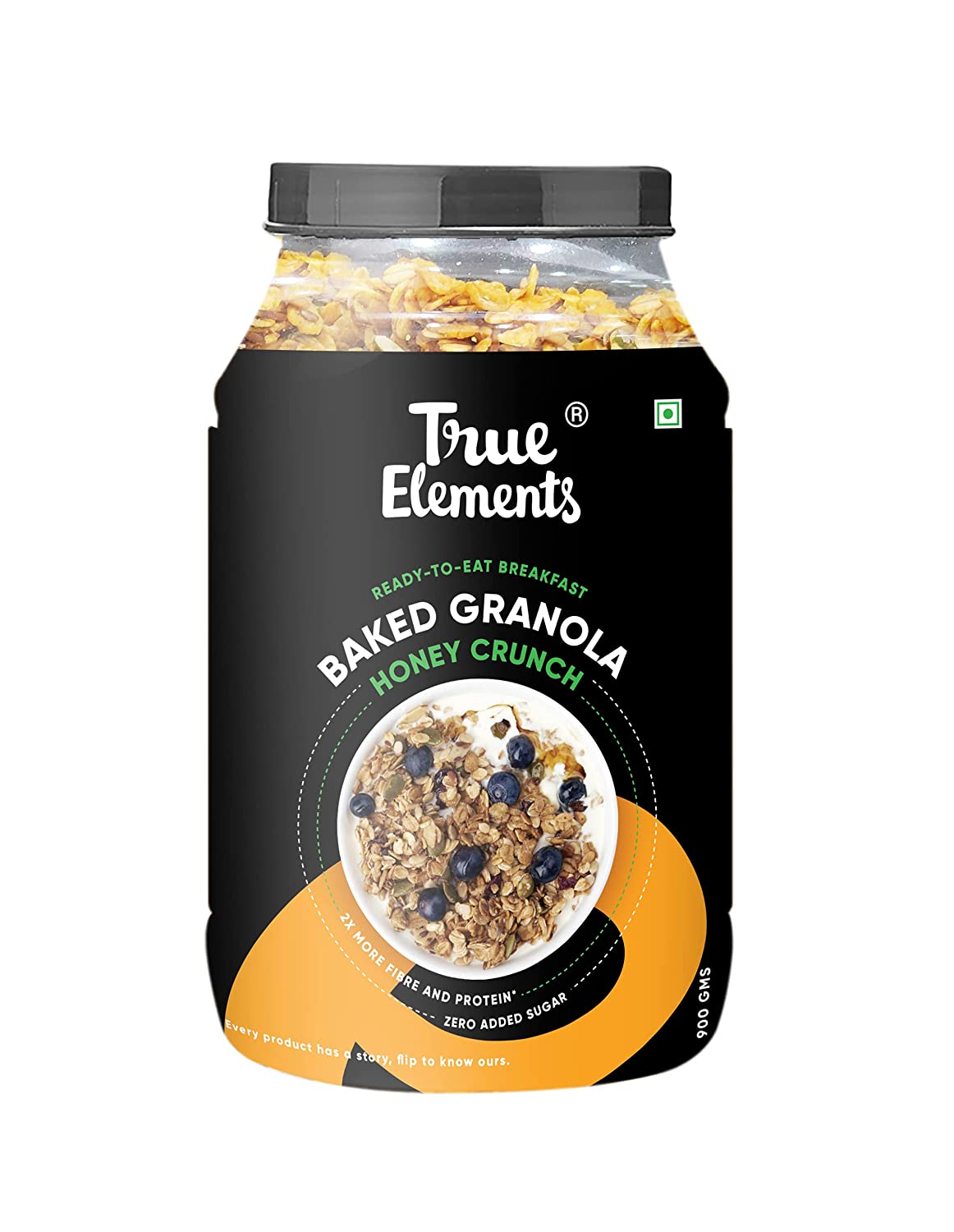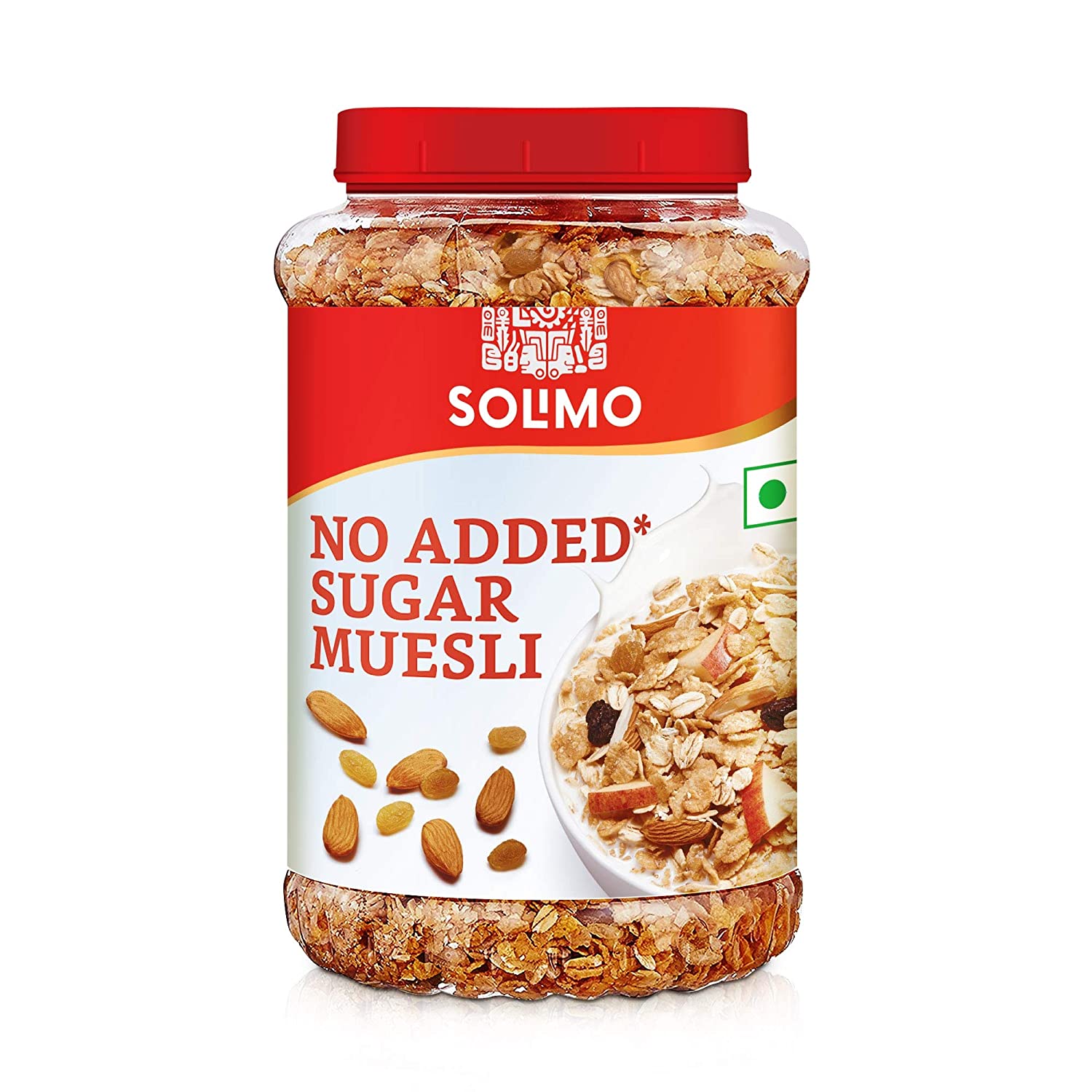Total Sugar
Macronutrient
Last update date: October 11, 2023
All of the sugars naturally present in many nutritious foods and beverages are included in total sugars. Consuming excess sugar can affect your arteries throughout your body.
Frequently Asked Questions
1.
What is Total Sugar?
Sugar is a type of sweet-tasting, soluble carbohydrate found in various foods. It can be categorized into simple sugars (monosaccharides) such as glucose, fructose, and galactose, as well as compound sugars (disaccharides) like sucrose, lactose, and maltose. Compound sugars are formed by combining two monosaccharides. White sugar is a refined form of sucrose. Total sugars on food labels include naturally occurring sugars in nutritious foods, along with any added sugars. Foods like fruits, vegetables, grains, and dairy naturally contain sugars, but they also provide essential nutrients like fiber, minerals, and antioxidants.
2.
What is positive impact of Total Sugar?
While sugar should be consumed in moderation, it can offer certain benefits: Immediate Energy Boost: Sugar provides a quick source of energy that can be beneficial during physical activity or when you need an immediate pick-me-up. Memory Enhancement: Natural sugars, when consumed in moderation, may support memory and cognitive function. Mood Booster: Consuming sugar can trigger the release of neurotransmitters that promote feelings of happiness and well-being. Energy Storage: Sugar plays a role in storing energy in the body for later use.
3.
What is negative impact of Total Sugar?
Excessive sugar intake or consuming sugar from unhealthy sources can have negative effects: Weight Gain: Consuming too much sugar, especially in the form of sugary drinks and processed foods, can contribute to weight gain and obesity. Increased Risk of Heart Disease: High sugar intake has been linked to an increased risk of heart disease and related conditions. Acne Formation: Certain individuals may experience worsened acne symptoms when consuming excessive amounts of sugar. Risk of Type 2 Diabetes: High sugar consumption, particularly from sugary beverages, can increase the risk of developing type 2 diabetes. Higher Cancer Risk: Diets high in sugar have been associated with an increased risk of certain types of cancer. Impact on Mental Health: Excessive sugar consumption has been linked to an increased risk of depression and mental health issues. Accelerated Skin Aging: A diet high in sugar can contribute to skin aging and the formation of wrinkles. Fatty Liver: Excess sugar consumption can contribute to the development of fatty liver disease.
4.
Who should avoid Total Sugar?
It is advisable for the following groups to monitor and limit their sugar intake: People looking to lose weight Individuals with diabetes Those diagnosed with fatty liver disease Individuals with a sedentary lifestyle People with existing heart conditions
5.
What are common sources of Total Sugar?
Sugar can be found in various foods and beverages, including: Chocolates and bakery items Cereals and packaged foods Grains (processed grains and sugary cereals) Dairy items (flavored yogurts, sweetened milk, etc.) Juices (fruit juices and packaged drinks with added sugars) Fruits (while natural sugars in fruits are generally healthier, moderation is key) Sauces and pastes (condiments like ketchup, barbecue sauce, and sweet spreads)

























